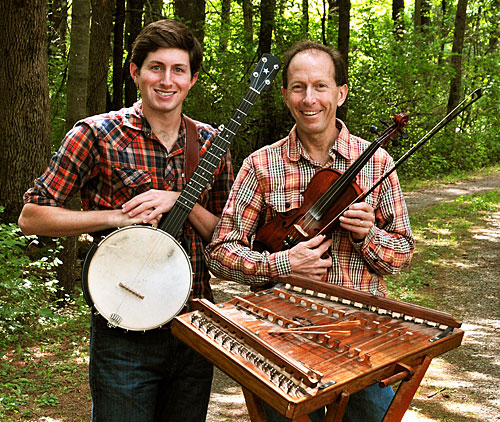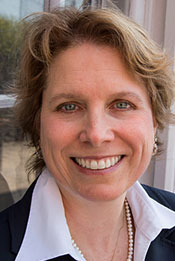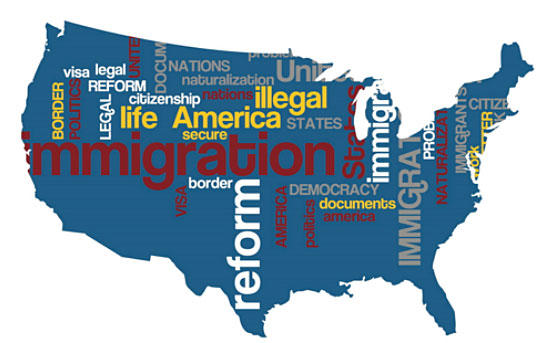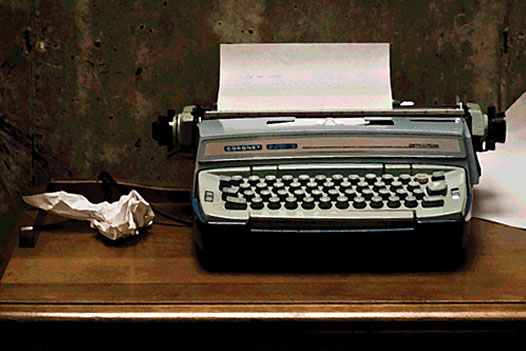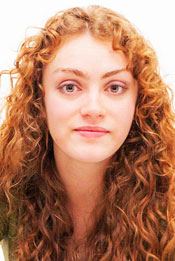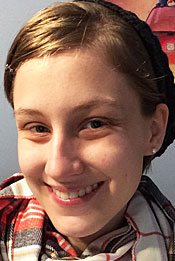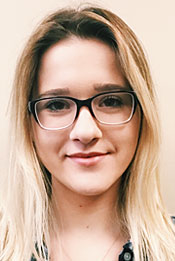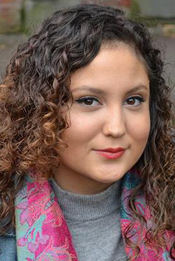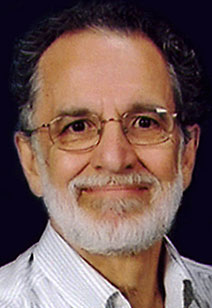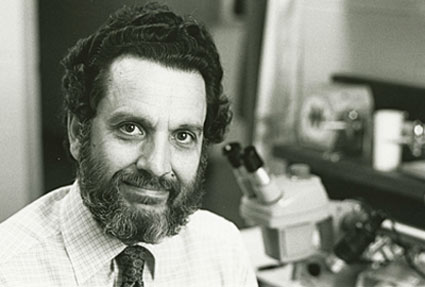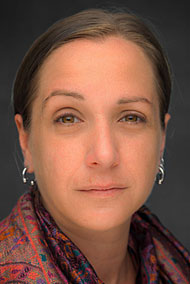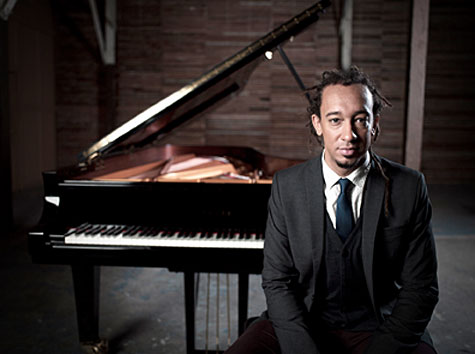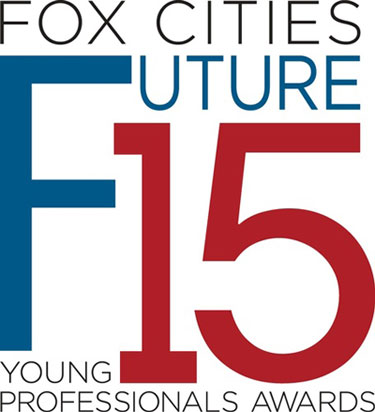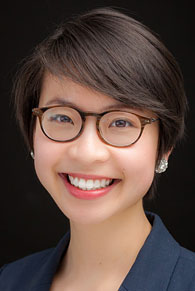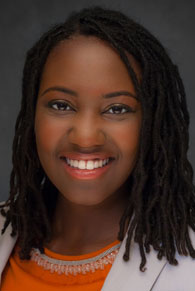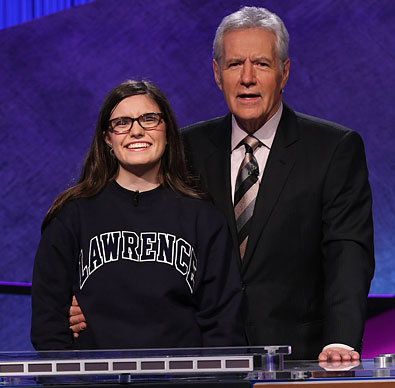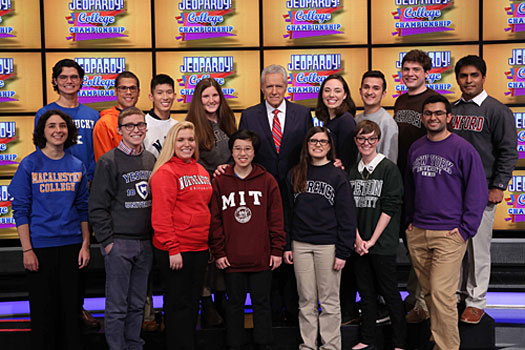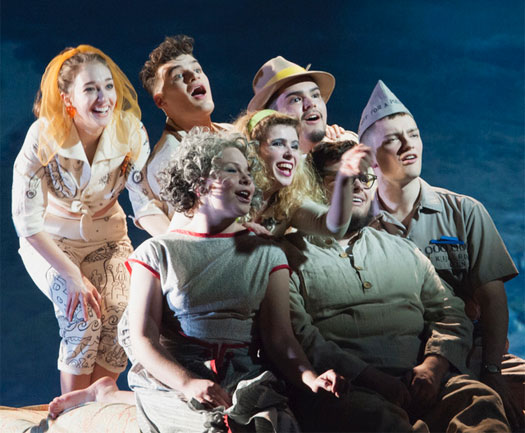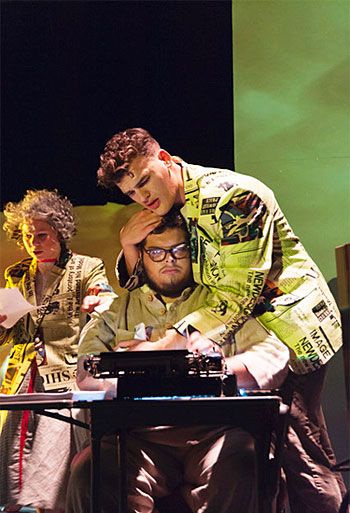The third presentation in a five-part Lawrence University series examining issues related to cultural competency looks at global citizenship Friday, March 3. The one-hour program “Intercultural Skills for Successful Global Citizenship” begins at 11:30 a.m. in the Warch Campus Center. It is free and open to the public.
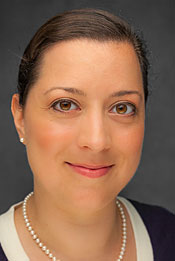
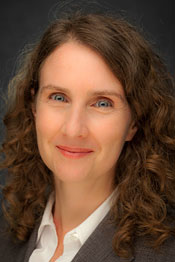
The program will be led by Cecile Despres-Berry, lecturer in English as a second language and director of Lawrence’s program with students from Tokyo’s Waseda University, Leah McSorley, director of international student services at Lawrence and Laura Zuege, director of Lawrence’s off-campus programs. Collectively they will explore the idea of global/intercultural competence, offer practical tools for intercultural communication and provide resources for internationalizing one’s perspective.
Lawrence is home to more than 200 students with global backgrounds, nearly 200 students who have studied abroad as well as faculty and staff with a wide range of international professional and personal experiences.
About Lawrence University
Founded in 1847, Lawrence University uniquely integrates a college of liberal arts and sciences with a nationally recognized conservatory of music, both devoted exclusively to undergraduate education. It was selected for inclusion in the book “Colleges That Change Lives: 40 Schools That Will Change the Way You Think About College.” Engaged learning, the development of multiple interests and community outreach are central to the Lawrence experience. Lawrence draws its 1,500 students from nearly every state and more than 50 countries.
